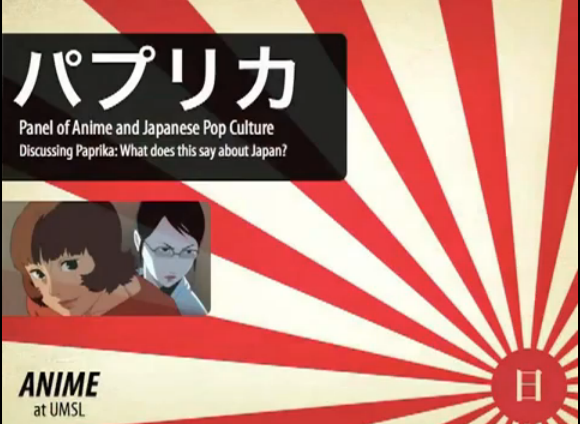Reuters has recenty covered the “Goth-Loli” style, a recent J-pop street fashion trend. This style has been on the rise for the past few years. Now going mainstream, more than just “Cosplay,” early adopters are complaining about the loss of originality. (Decora anyone? How about Gal fashion? Those are way passé)
This style, which grabs its looks from a mixture of Victorian era fashions, anime-colored hair, cutsey little girl looks, and gothic, almost vampire makeup, is another example of groups of young people forming identity together, then conforming identity to become a new group, sometimes deliberately changing from one style to another, to gain identity in an established sub-culture.
The “Lolita” the women take their name from, however, has nothing to do with Vladimir Nabokov’s classic novel.
“Gothic-Lolita fashion is like that special magic that allows me to become a different character,” said 25-year-old businesswoman Chizuru Matsuda.
“It’s been eight years since I discovered this fashion, but it took me two years to actually complete my overall style.”
Why is this type of cosplay a facet of Japanese youth culture? Why is it spreading out of Otaku (anime and costume-play subcultural adherents-what some may call geeks) circles and into the mainstream?
This is a large facet of what fascinates me. What forms identity? What causes a person to adopt a persona different from their own? Can we create who we really are? We’ve been discussing Heidigger and his philosophical children in the “lab” lately. (Just look at Madonna. Can we really just jettison our spiritual core to become something else entirely?) Is the Goth-Loli look just an outer shell, like an egg, while the person’s substance, the albumen and yoke remains the same?
Seems like this type of dressup is akin to an adult version of a children’s fantasy of being someone else for a day. It’s not just a masquerade or Halloween. Many who do this type of cosplay are seeking to identify with a certain character either existing or created. As Ms. Matsuda above is quoted, it takes years to complete the look, to complete the character, that they are going for. For many, it is an after-hours hobby where like-minded people get together and do similar things. It is a safe place to show your other side, a side that may be kept down by the pressure to conform in a Confucian heirarchy.
We’ll examine this more in depth in some upcoming publications…



